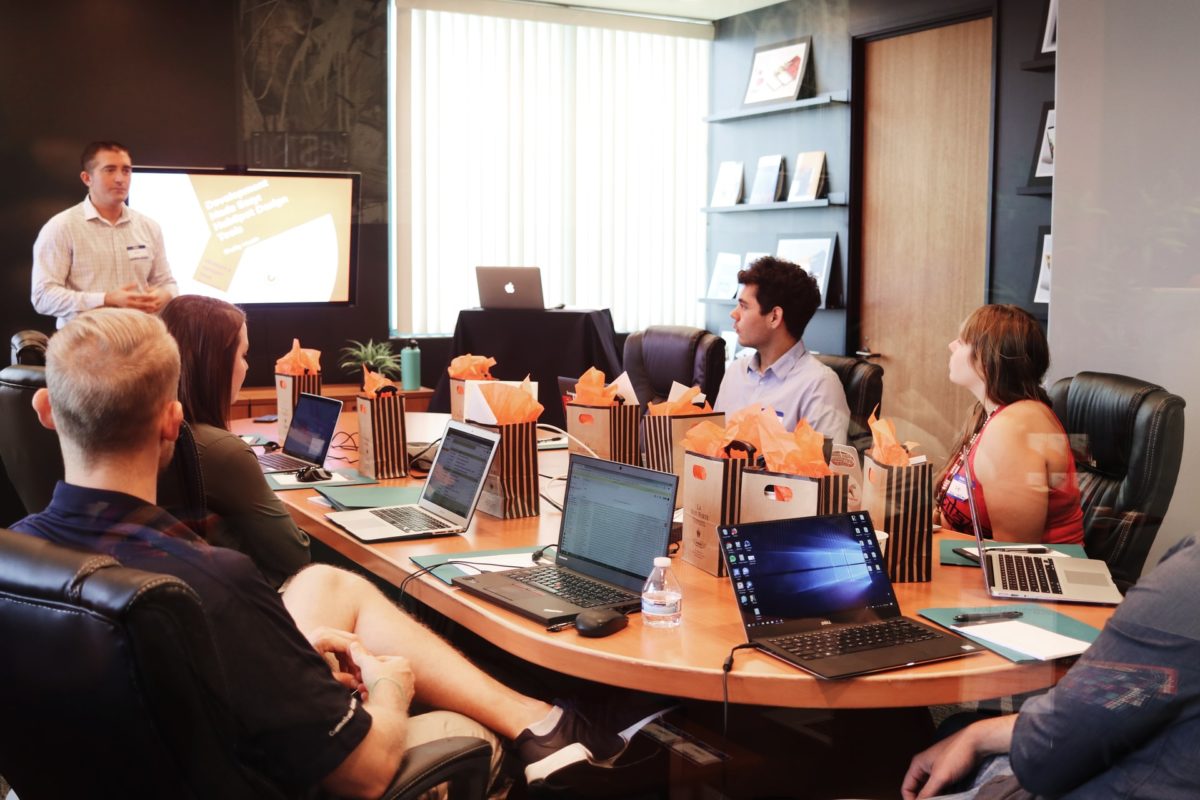Redefining Leadership Post CovId-19
WHEN LEADERS avoid conflict, accountability, and setting a bold vision, they become facilitators of consensus. By favoring the safer parts of leadership – listening, encouraging, supporting – these leaders silence their unique perspectives and skills. Creating a safe space for others to engage is paramount. But sometimes, the pendulum swings too far away from the positive characteristics of what it means to be a leader into the realm of consensus where decisions are made to create the least controversial outcome. So, what caused this trend, and what’s the right balance between leading and facilitating?
In the past, leadership was granted – or taken by – those in power. Survival was the priority, and more power the goal. Peasants and families, workers, and communities had little say in shaping their destiny. Riots and revolutions, strikes, and uprisings brought the people’s voice into the leader’s drama of control. The pendulum was far on the side of Leader as Autocratic.
Over time, the role of the leader evolved. In the 1960s, we see the pendulum move significantly toward Leader as Consensus Builder when two things happened: The Civil Rights & Women’s movements took center stage in society, and computers were revolutionizing the way employees did their jobs in business. Both required leaders to be more collaborative and inclusive. Society was demanding a seat at many tables: politics, education, religion, and business. Technology shifted the needs of business away from employees as doers to employees as thinkers. Relationships and creativity became the currency and then spawned a management practice designed to engage employees and support their development.
Fifty years later, technology has only tightened its grip on how we live and work. Improving employee engagement is on the top of most leader’s lists. In a VUCA environment of massive change, the Darwinian race to survive-and-thrive needs an environment for people to contribute their ideas safely. Social media has given everyone a forum to contribute their ideas while feeding the hunger for immediate gratification. Ironically, when everyone can share their opinions with the world, it becomes more dangerous to do so: Reputations can be built or destroyed by a single tweet.
The Me Too movement, reactions to George Floyd, and Diversity and Inclusion training is asking our leaders even more to include all voices, perspectives in a manner of respect and dignity. Leadership does adjust to the times. And it should.
However, leaders need to lead, respond, and know when to do which. They need to be agile. They need to be mindful not to follow the latest leadership-fashions but to serve the long-term development of their employees, company, and community. They need to facilitate and lead.
We should encourage, train and reward our leaders for being vulnerable, authentic, and facilitators of consensus and engagement – as well as mining for conflict, holding others accountable and setting a bold vision. The hard part is doing it.
“IF YOU CAN’T ENGAGE IN AND MANAGE CONFLICT, YOU’RE NOT A LEADER BUT A FACILITATOR OF CONSENSUS.”
– Dean Newlund

